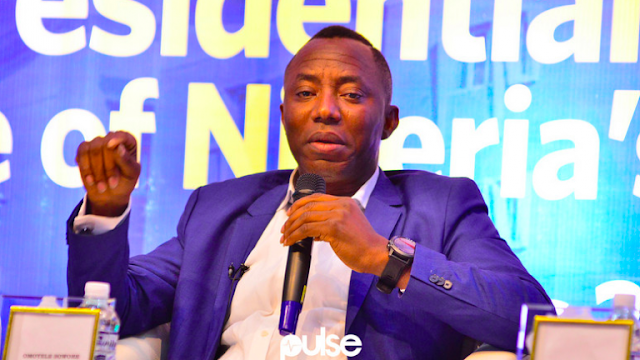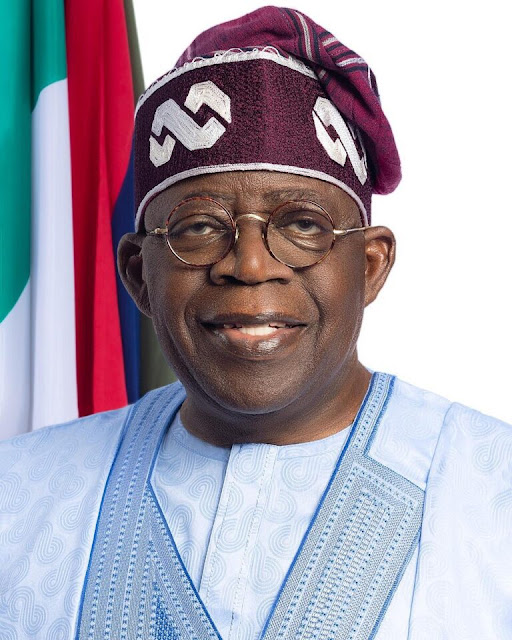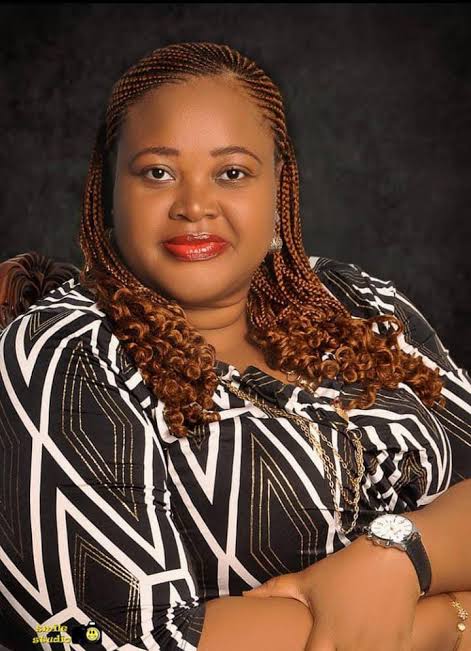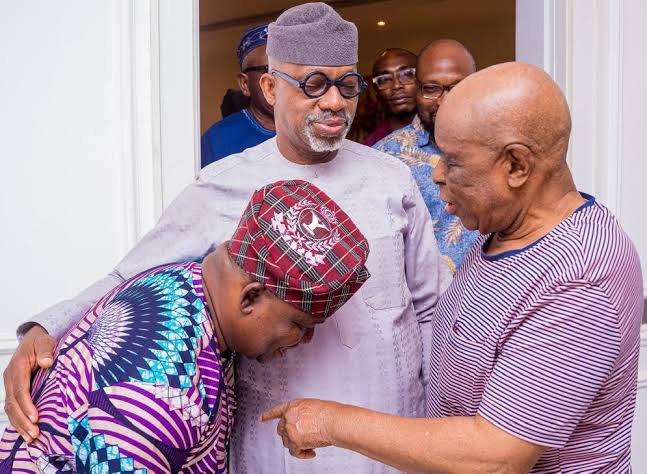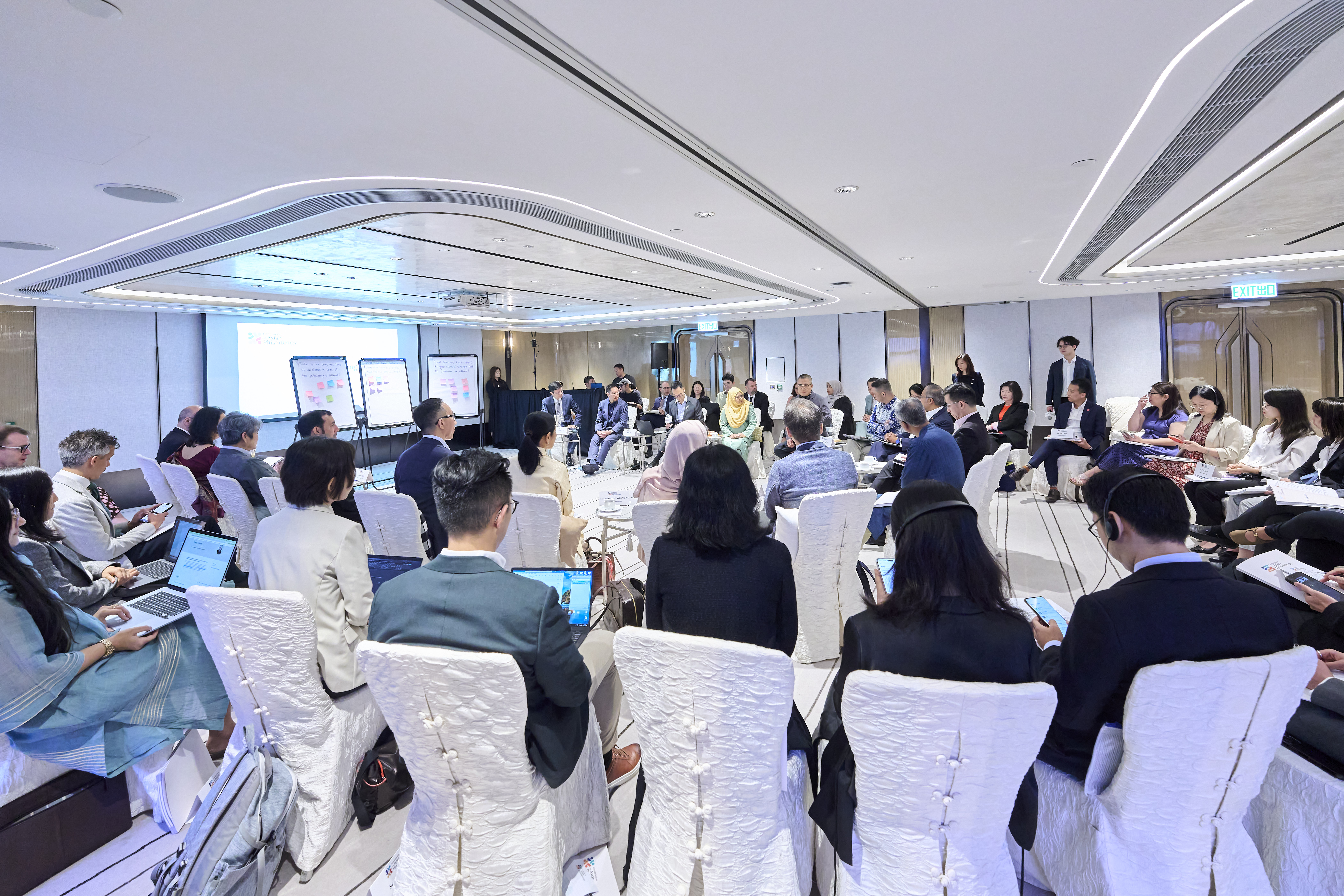In a significant development that underscores the ongoing tension between digital platforms, free speech, and governmental authority in Nigeria, the social media platform X has reportedly declined a request from the Department of State Services (DSS), Nigeria’s primary domestic intelligence agency, to delete a post by prominent activist and publisher Omoyele Sowore. The post in question allegedly contains content critical of President Bola Ahmed Tinubu’s administration. This refusal by X marks a pivotal moment in the evolving discourse around freedom of expression, state oversight, and the role of global technology platforms in Nigeria’s political landscape.
Background: The Context of Sowore’s Activism
Omoyele Sowore, a well-known Nigerian activist, journalist, and founder of Sahara Reporters, a citizen journalism platform, has long been a vocal critic of successive Nigerian governments. His activism, which spans decades, has often placed him at odds with state authorities. Sowore gained international attention in 2018 when he launched the “Revolution Now” movement, a campaign aimed at addressing systemic issues such as corruption, poor governance, and economic inequality in Nigeria. The movement’s protests, which called for widespread reforms, led to Sowore’s arrest and detention by the DSS in 2019, sparking debates about human rights and the state’s response to dissent.
Sowore’s posts on X, a platform known for its open and often unfiltered exchange of ideas, frequently target political figures and government policies. His critiques of President Tinubu, who assumed office in May 2023, have been particularly pointed, focusing on issues such as economic hardship, fuel subsidy removal, and allegations of mismanagement. The specific post at the center of this controversy reportedly contained claims or criticisms about Tinubu’s administration that the DSS deemed sensitive or potentially inflammatory, prompting their request for its removal.
The DSS Request and X’s Response
According to sources familiar with the matter, the DSS approached X with a formal request to take down Sowore’s post, citing concerns that it could incite public unrest or undermine national security. The exact content of the post remains undisclosed in public reports, but it is believed to have included allegations or commentary about President Tinubu’s leadership or policies. The DSS, tasked with maintaining internal security, often monitors social media for content it perceives as threats to stability, particularly in a country with a history of political volatility.
X, however, declined the request, reportedly citing its commitment to upholding free speech and protecting users’ rights to express their views. The platform’s decision aligns with its broader policy of resisting government censorship unless posts explicitly violate its rules, such as those related to direct incitement of violence or hate speech. This stance has positioned X as a battleground for debates about the balance between free expression and state authority, especially in jurisdictions with complex political dynamics like Nigeria.
The refusal to comply with the DSS’s demand has sparked a wave of reactions, both within Nigeria and internationally. Supporters of Sowore and advocates for free speech have hailed X’s decision as a victory for digital rights, while critics, including some government-aligned groups, argue that the platform’s actions could exacerbate tensions in an already polarized society.
The Broader Implications for Free Speech in Nigeria
This incident is not an isolated event but part of a broader pattern of friction between the Nigerian government and social media platforms. In 2021, the administration of former President Muhammadu Buhari temporarily banned Twitter (X’s predecessor) after the platform deleted a tweet by Buhari that was deemed to violate its policies. The ban, which lasted for several months, was widely criticized as an attempt to stifle dissent and control the digital space. The lifting of the ban in early 2022 came with assurances from Twitter about working with the Nigerian government to address concerns, but tensions have persisted.
The current standoff between X and the DSS highlights the challenges of regulating online content in a democratic society. Nigeria, with its vibrant and youthful population, has one of the largest and most active social media user bases in Africa. Platforms like X serve as critical spaces for political discourse, activism, and citizen journalism, particularly in a country where traditional media outlets are sometimes perceived as compromised or aligned with powerful interests. However, the government has repeatedly expressed concerns about the spread of misinformation, hate speech, and content that could destabilize the nation.
The DSS’s request to remove Sowore’s post reflects a broader strategy of monitoring and controlling online narratives. In recent years, Nigerian authorities have intensified efforts to regulate social media, including proposing legislation that would grant the government greater oversight over digital platforms. These efforts have often been met with resistance from civil society groups and international organizations, who argue that such measures could undermine democratic freedoms.
X’s Role as a Global Defender of Free Speech
X’s decision to reject the DSS’s request aligns with the platform’s evolving identity under its current leadership. Since its acquisition by Elon Musk in 2022, X has positioned itself as a staunch defender of free speech, often resisting government demands for content moderation unless they align with the platform’s internal policies. This approach has led to both praise and criticism globally. Supporters argue that X’s commitment to open discourse empowers marginalized voices and fosters accountability, while detractors contend that it risks amplifying harmful content or destabilizing fragile political environments.
In Nigeria, X’s refusal to comply with the DSS’s request could set a precedent for how global tech platforms navigate similar demands in other countries. The platform’s decision is particularly significant given Nigeria’s strategic importance as a hub for technology and innovation in Africa. With millions of Nigerians active on social media, the country represents a key market for platforms like X, but it also poses unique challenges due to its complex political and social dynamics.
Sowore’s Reaction and Public Response
Omoyele Sowore, known for his defiance in the face of government pressure, has not publicly commented on this specific incident, based on available information. However, his history suggests that he is likely to view X’s decision as a vindication of his right to speak out against perceived injustices. Sowore has consistently used his platform to challenge authority, and this incident further amplifies his visibility as a leading figure in Nigeria’s activist community.
Public reaction to the news has been mixed, reflecting Nigeria’s polarized political landscape. Supporters of Sowore and free speech advocates have taken to X and other platforms to express solidarity with the activist and praise X for standing up to the DSS. Many have framed the incident as a test of Nigeria’s commitment to democratic principles, arguing that silencing critics like Sowore undermines the country’s progress toward transparent governance.
On the other hand, some Nigerians, particularly those aligned with the ruling All Progressives Congress (APC) or concerned about national stability, have criticized X’s decision. They argue that Sowore’s posts, which often contain sharp critiques of the government, could inflame tensions in a country grappling with economic challenges, insecurity, and ethnic divisions. These critics contend that the government has a legitimate interest in regulating content that could be seen as destabilizing, especially in a context where misinformation can spread rapidly online.
The Legal and Political Context
From a legal perspective, the DSS’s request raises questions about the extent of the agency’s authority to demand the removal of online content. Nigeria’s constitution guarantees freedom of expression, but this right is subject to restrictions related to national security, public order, and defamation. The Cybercrimes (Prohibition, Prevention, Etc.) Act of 2015 also provides a framework for addressing online content deemed to be harmful, but its application has been controversial, with critics arguing that it is often used to target dissenters rather than genuine threats.
The Tinubu administration, now in its third year, has faced growing scrutiny over its handling of free speech and human rights. Economic challenges, including inflation and the fallout from fuel subsidy removal, have fueled public discontent, and activists like Sowore have been quick to capitalize on this sentiment. The government’s response to criticism, including arrests and legal actions against activists, has drawn condemnation from organizations like Amnesty International and Human Rights Watch.
X’s refusal to comply with the DSS’s request could escalate tensions between the platform and the Nigerian government. While the government has not yet announced any retaliatory measures, past actions suggest that it could explore options such as fines, legal action, or even temporary restrictions on X’s operations in Nigeria. Such a move would likely provoke significant backlash, both domestically and internationally, given the platform’s importance to Nigeria’s digital ecosystem.
The Global Perspective: Tech Platforms and Government Authority
The standoff between X and the DSS is emblematic of broader global debates about the role of technology platforms in democratic societies. In countries like India, Turkey, and Brazil, governments have increasingly sought to regulate online content, often citing concerns about misinformation or national security. Tech companies, in turn, face the challenge of balancing compliance with local laws against their global commitments to free speech and user privacy.
X’s decision to prioritize free speech in this instance could embolden other platforms to take similar stances, but it also risks alienating governments in key markets. For Nigeria, where digital platforms are a vital tool for political engagement, the outcome of this dispute could have far-reaching implications for how tech companies operate in the country.
The Path Forward: Navigating Free Speech and National Security
As Nigeria grapples with the complexities of regulating online content, the incident involving Sowore’s post highlights the need for a balanced approach that respects both free speech and legitimate national security concerns. Civil society groups have called for transparent guidelines on content moderation, arguing that vague or overly broad interpretations of “national security” can be weaponized to suppress dissent.
For its part, X could use this moment to engage with Nigerian stakeholders, including the government, civil society, and users, to foster dialogue about responsible platform governance. Such engagement could help build trust and mitigate the risk of future conflicts. Meanwhile, activists like Sowore are likely to continue leveraging platforms like X to amplify their messages, ensuring that the tension between state authority and individual rights remains a central issue in Nigeria’s political discourse.
Conclusion
The refusal by X to comply with the DSS’s request to remove Omoyele Sowore’s post about President Tinubu represents a critical juncture in Nigeria’s ongoing struggle to balance free speech with state authority. The incident underscores the power of digital platforms to shape public discourse and challenge traditional power structures, while also highlighting the risks of escalation in an already tense political environment. As Nigeria navigates these challenges, the world will be watching to see how the Tinubu administration, X, and activists like Sowore chart the path forward in this high-stakes debate over freedom, security, and the future of digital democracy.


